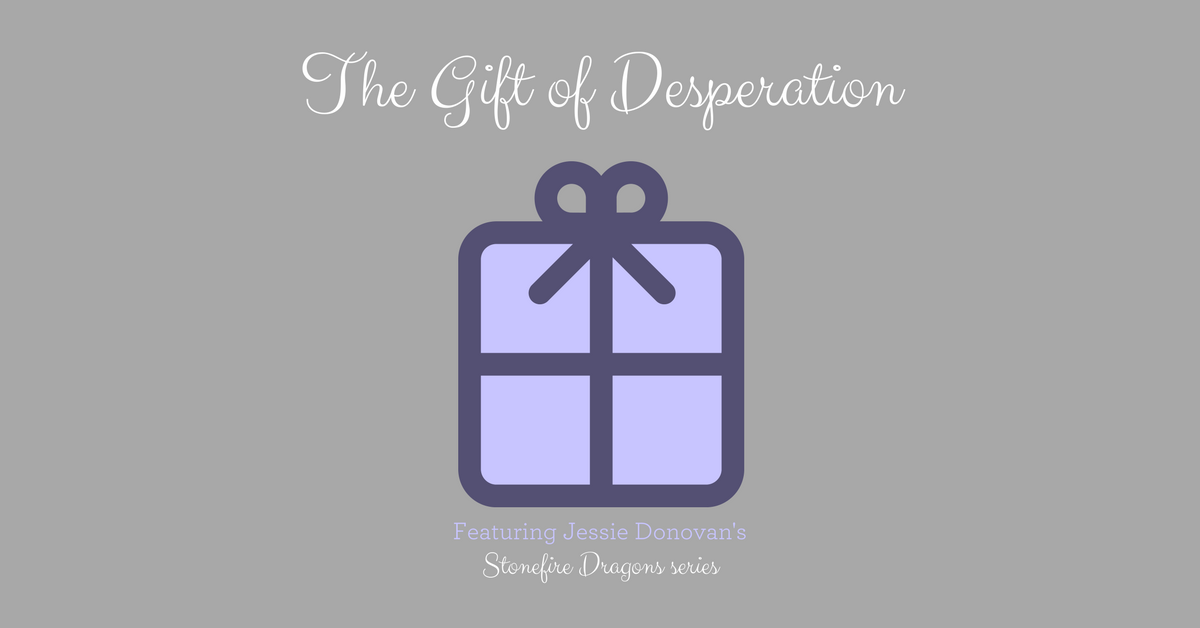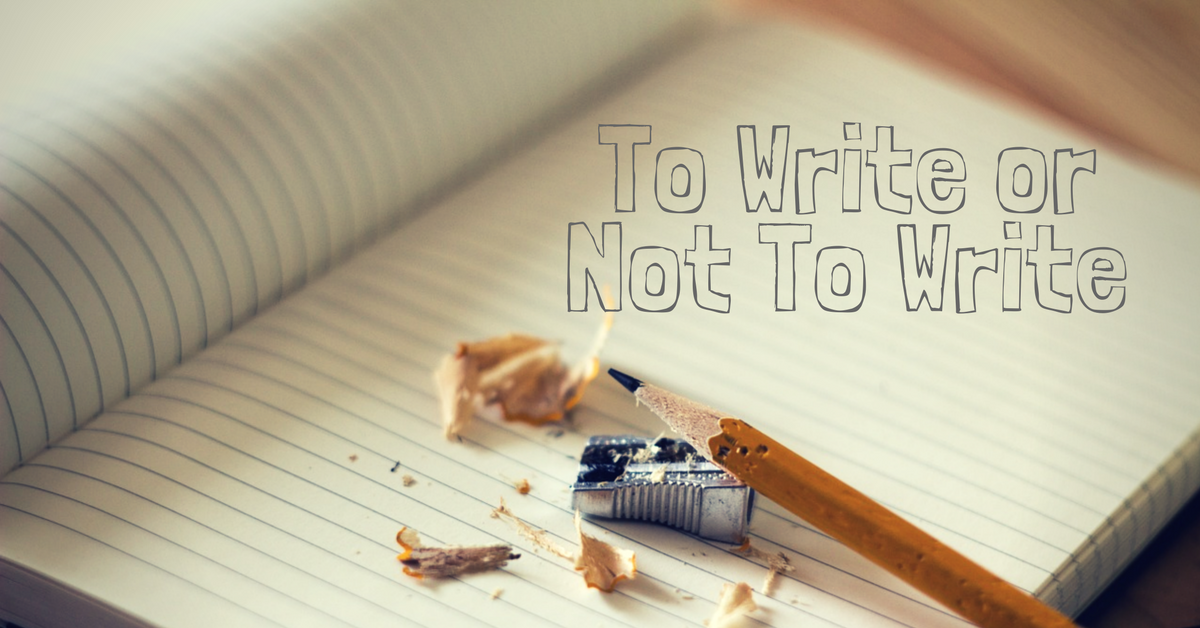I'm still thinking about Hot Lead, Cold Iron, the first of the Mick Oberon "jobs" (books) in the series. Mick is a member of the Fae, but he's in exile on Earth from Elphame (Faerie) for sins not yet disclosed. He’s busy making a living as a PI in 1930s Chicago and working his particular brand of magic. One of the original elements of this series and its world building is the specific nature of Mick's magic—the way he manipulates luck to his advantage and the disadvantage of his foes. I've never read anything quite like it, and, of course, it got me to thinking, as I am wont to do. I've often heard the expression, "It's better to be lucky than good." I've also heard that, "The harder I worked, the luckier I got." And, finally, we have the admonition that luck is a backstabbing bitch, deserting us when we need her most. So, let's explore the concept of luck and the role that it plays in our lives.
The way Mick works his magic is to gather small strands of luck around himself, adding to the probability that a plan will go his way, or he will be the victor in a fight. If the odds are against him, his magic will ensure that odds are “ever in his favor.” Think about how important it would be to ensure that at the moment we walk up to the stage, we don’t trip on our dress (like Jennifer Lawrence at the Oscars), or fall on our asses (like Madonna in concert). Manipulating luck would mean that our flies would never be open at a particularly inopportune time, nor would we have toilet paper stuck to our heels or lettuce in between our front teeth for the world to see. Being lucky means being in the right place at the right time to meet the man or woman of our dreams, to be spotted by the person who will make our career, or to be able to take advantage of an opportunity. Luck means clear skies for our Ireland vacation, even though it rains there most of the year, or seeing the top of the Arenal volcano in Costa Rica, even though we were only there for a couple of hours and some wait weeks to catch a glimpse of the summit. It’s good to be lucky.
But luck is not always with us. We anthropomorphize luck as a fickle woman, favoring us one moment and abandoning us the next, and there is some truth to the randomness of her affections. As an aside, I notice that we don’t imbue men with those characteristics (it’s always women who are fickle), but I digress. Regardless of the sexist nature of the personification of luck, it is true that luck doesn’t seem to be something we can count on, although it sure does seem to visit some more than others.
Some of us are born lucky. My husband is like that; my former fiancé was not. And that was something I considered in ending the engagement to one and going through with the marriage to the other. Not the only thing, mind you, but one conscious consideration. My husband seems to walk under a golden cloud. Almost everything he touches works out, and he has the best parking karma of anyone I’ve ever known. Of course, as I write this, I am stressing that in highlighting his luck, the woman in question will leave him flat, but I’m going to have some faith that she’ll continue to grace him with her presence. My former fiancé, on the other hand, couldn’t help but take the hard way home every single time. Life just seemed to come with difficulty for him. He was aware of his paucity of luck, and he worked hard to make sure that he was good enough to rise above any bad luck that came his way.
The other aspect of Mick’s magic is equally brilliant. By stealing the luck of his opponents, Mick doubly magnifies his chances for success. It’s a win-win, although this aspect of his luck smacks a bit of schadenfreude, and I’m not sure I am comfortable hoping for the same sort of ability for myself. Because while increasing my own luck seems like a neat trick, taking away the good fortune of others seems somewhat nasty to me, and if we believe in the karmic version of luck (which I haven’t seen so far in Mick’s case), then stealing others’ fortune will come back to bite us in the ass with a vengeance down the road. But if luck isn’t a zero sum game, then it might be just fine to amp up our own share and safeguard ourselves again trouble and strife. Or just make sure we get good parking whenever possible.



















